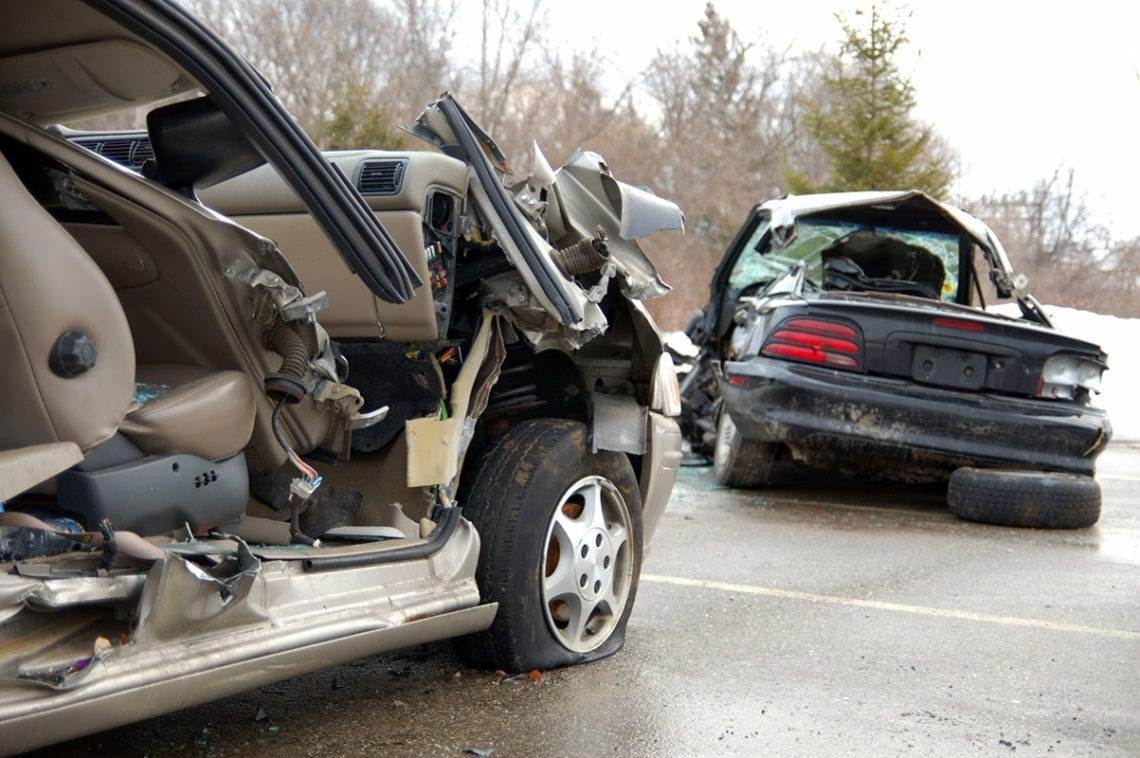
The whole purpose of cars is traveling, so people are bound to end up injured in auto accidents while out of their home state. This begs the question: what are the laws surrounding lawsuits over out-of-state auto accident injuries?
Where Do You File A Lawsuit?
You can generally file a personal injury lawsuit regarding an auto accident in one of two locations:
- The defendant’s state of residence
- The state the accident occurred in
The locations where cases are heard are known as venues. The general United States federal venue statute is 28 U.S.C. § 1391. It states that lawsuits can be brought in a defendant’s judicial district or in a judicial district where events leading to the lawsuit took place.
Unfortunately, this means that if you’re in a car accident while out of state, you probably won’t be able to conveniently file a lawsuit in your home state. You can only file a lawsuit in your home state, if the accident occurred out of state and the defendant lives out of state, if the defendant consents to being sued in your home state.
Additional options become available for lawsuit filing locations when an accident involves a business as a defendant. This means that if you’re injured in an accident involving a business employee such as a truck driver, you can also sue in:
- The state where the business resides, meaning where their principal business place is or where they were incorporated
- Any state where the business does a significant amount of business
Yet more additional options become available when accidents involve multiple defendants. In these cases, plaintiffs can sue all defendants at once in the state the accident occurred, or any state in which at least one of the defendants lives.
What State’s Laws Will Apply In A Lawsuit?
Consider the following scenario: you’re found to be 20% at fault for an accident and the other party in your accident is found to be 80% at fault for the accident. The accident occurred in a state with comparative negligence but that state is very far away from your home state. The other driver was also out of his home state at the time of the accident, and lives in a state neighboring yours. Bringing a lawsuit in his state may be more convenient, but his state is a contributory negligence state rather than a comparative negligence state, meaning that those even 1% at fault for an accident can’t recover any damages in a lawsuit.
The question is: if you file a lawsuit in the defendant’s home state, which’s states laws will apply? The answer is that the laws of the state the accident occurred in will usually apply. This means that if you file a lawsuit in the defendant’s home state, a contributory negligence state, comparative negligence will still probably apply to your case because the accident occurred in a comparative negligence state.

